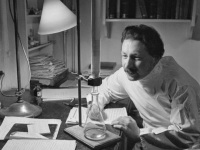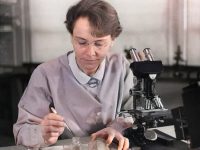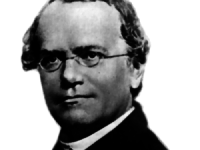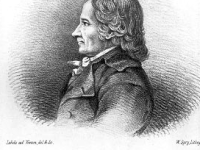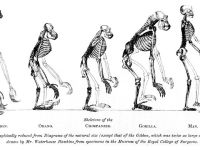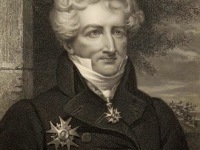Ernst Boris Chain and his Research on Antibiotics
On June 19, 1906, German-born British biochemist and Nobel Laureate Sir Ernst Boris Chain was born. He is best known for being one of the founders of chemical and medical research on antibiotics, esp. on Penicillinum. “Science, as long as it limits itself to the descriptive study of the laws of nature, has no moral or ethical quality and this applies to the physical as well as the biological sciences.” (Sir Ernst Boris Chain,…
Read more

